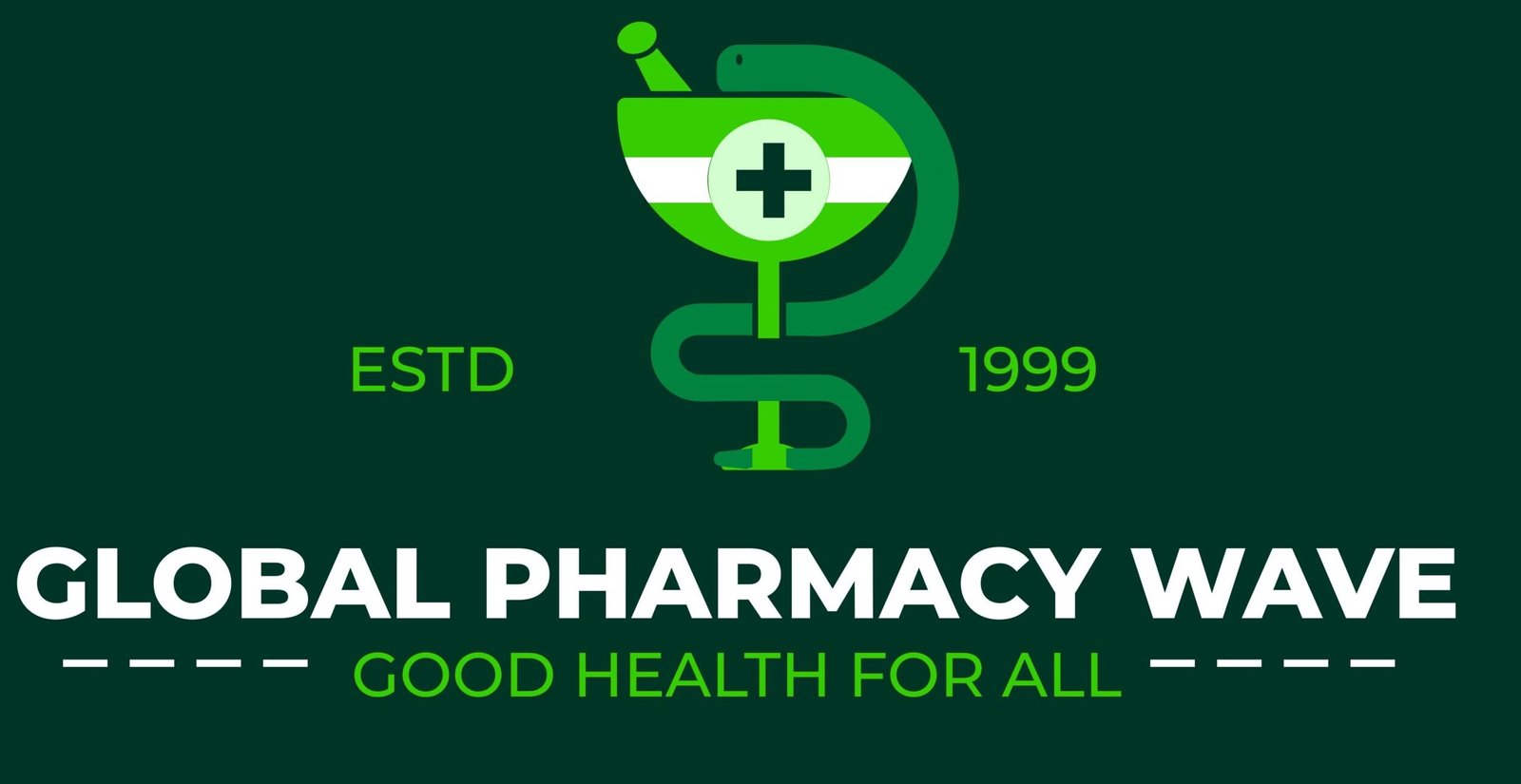Introduction to Global Pharmaceutical Regulations
In the pharmaceutical industry, adhering to global regulations is crucial for ensuring the legal and ethical distribution of medications. These regulations are designed to protect public health by guaranteeing that products are safe, effective, and of high quality.
Importance of Compliance
Compliance with pharmaceutical regulations is essential for maintaining the trust of healthcare providers and patients. It ensures that the products meet stringent safety standards and are free from contamination. Regulatory bodies such as the FDA in the United States, EMA in Europe, and other national agencies worldwide set these standards.
Implementing Strict Protocols
Adhering to these regulations involves implementing strict protocols at every stage of the pharmaceutical production and distribution process. This includes rigorous testing, quality control measures, and thorough documentation. By following these protocols, companies can ensure that their products are both safe and effective for consumer use.
The Role of Regulatory Agencies
Regulatory agencies play a pivotal role in overseeing the pharmaceutical industry. They conduct inspections, review product documentation, and enforce compliance with established guidelines. These agencies also update regulations to address new scientific discoveries and emerging public health concerns.
Conclusion
In conclusion, we adhere to strict global pharmaceutical regulations to ensure the legal and ethical distribution of our products. By complying with these regulations, we contribute to the overall well-being of society and maintain the integrity of the pharmaceutical industry. Adherence to these standards is not just a legal obligation but a moral commitment to public health.


